Community
Vast amounts of data are being generated across all segments of society. If taken advantage of, these data offer an unprecedented opportunity to accelerate scientific discovery, to improve healthcare and wellbeing, and to strengthen our communities. The data science community of Maastricht University is home to multiple institutes covering a wide range of expertise.
Data-Driven Decision-Making (D3M)
School of Business and Economics (SBE)
D3M’s team focuses on key research areas including disruptive technologies and business models, consumer and workforce analytics, risk and uncertainty quantification, big data’s role in official statistics, pensions, financial markets and asset pricing, micro- and labour economics, digital platforms, and fields such as large-scale optimisation (both applied and theoretical) and related mathematical systems.

Brightlands Institute for Smart Society (BISS)
Faculty of Science and Engineering (FSE)
The Brightlands Institute for Smart Society (BISS) is UM’s platform for translational data-driven research and education, joining expertise and staff from all six UM faculties. It offers a flexible, agile, and state-of-the-art Living Lab environment that nurtures collective intelligence and integrative thinking. Multidisciplinary activities are projects, partner agreements and programs.

DataHub
Maastricht UMC+ (MUMC+)
DataHub provides research data management services to researchers in both the Faculty of Health Medicine and Life Sciences and the academic hospital, and works continuously on innovative research driven solutions. The DataHub mission is linking community and technology to enable FAIR data.
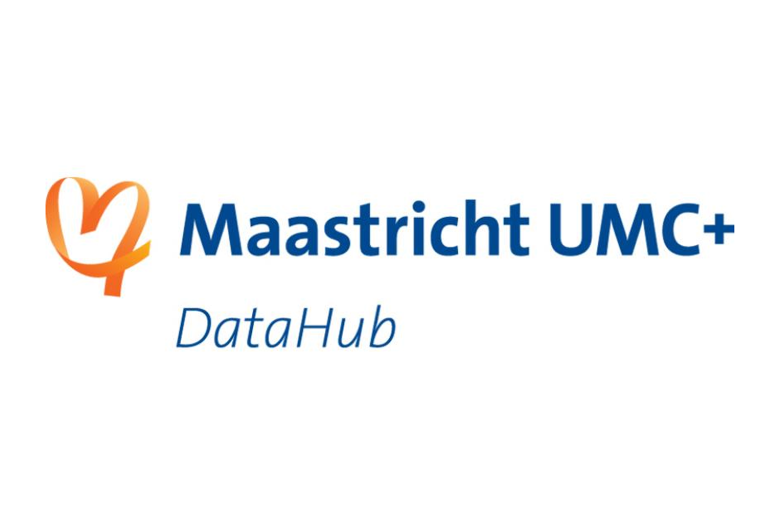
Department of Bioinformatics (BiGCaT)
Faculty of Health Medicine and Life Sciences (FHML)
BiGCaT is involved in (inter)national initiatives to collect, share and integrate biological data.
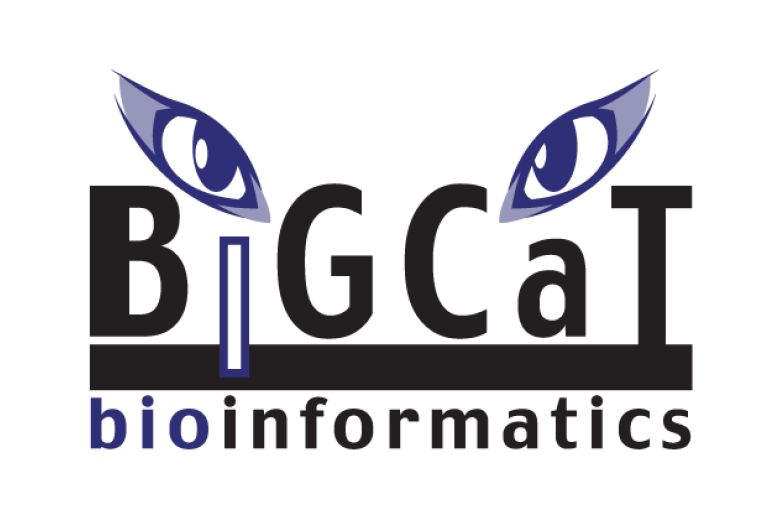
Department of Advanced Computing Sciences (DACS)
Faculty of Science and Engineering (FSE)
The Department of Advanced Computing Sciences - sometimes abbreviated as DACS - is Maastricht University’s largest and oldest department broadly covering the fields of artificial intelligence, data science, computer science, mathematics and robotics.

Department of Toxicogenomics (TGX)
Faculty of Health Medicine and Life Sciences (FHML)
At the Dept. of Toxicogenomics (TGX), a multidisciplinary team of biologists, chemists, toxicologists and bioinformaticians is working in close collaboration to establish the biological impact of exposures to potentially toxic compounds.
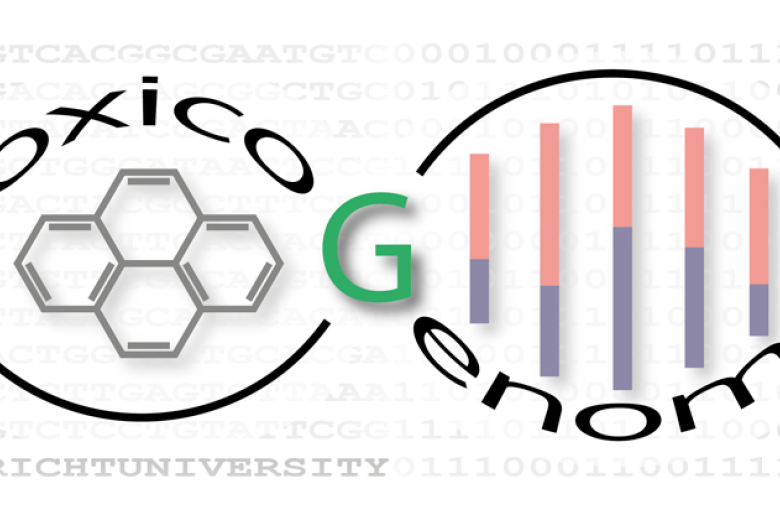
Institute of Data Science (IDS)
Faculty of Science and Engineering (FSE)
The mission of the Institute of Data Science is to foster an interfaculty environment for collaborative innovation in the development and application of data science technologies.
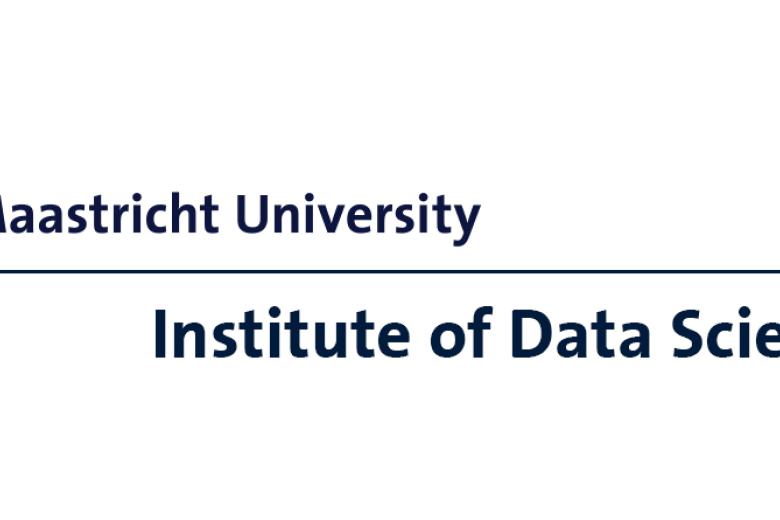
Maastricht Centre for Systems Biology (MaCSBio)
Interfacultary - FSE, FPN
The Maastricht Centre for Systems Biology (MaCSBio) aims to develop a set of computational and mathematical models, applicable in science and clinic, that will advance our understanding of biological systems, and predict progression and treatment of complex diseases over time.
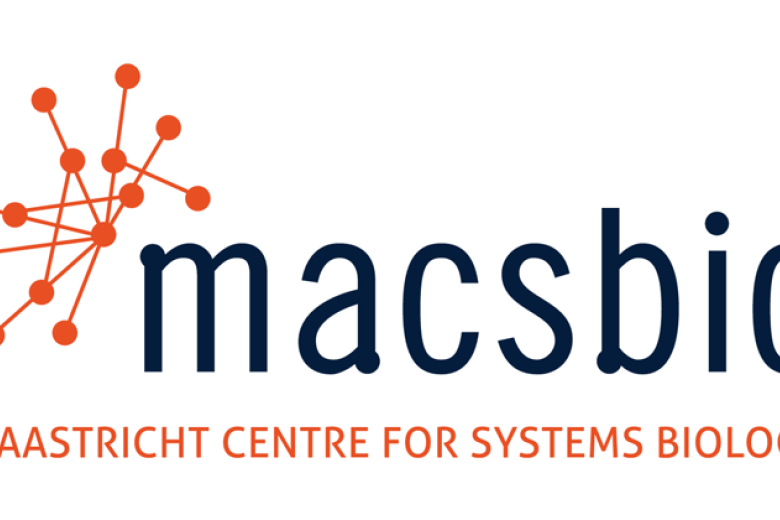
Maastricht European Centre for Privacy and Cybersecurity (ECPC)
Faculty of Law
The European Centre on Privacy and Cybersecurity offers a platform for research focused on legal issues related to personal data protection and cybersecurity.
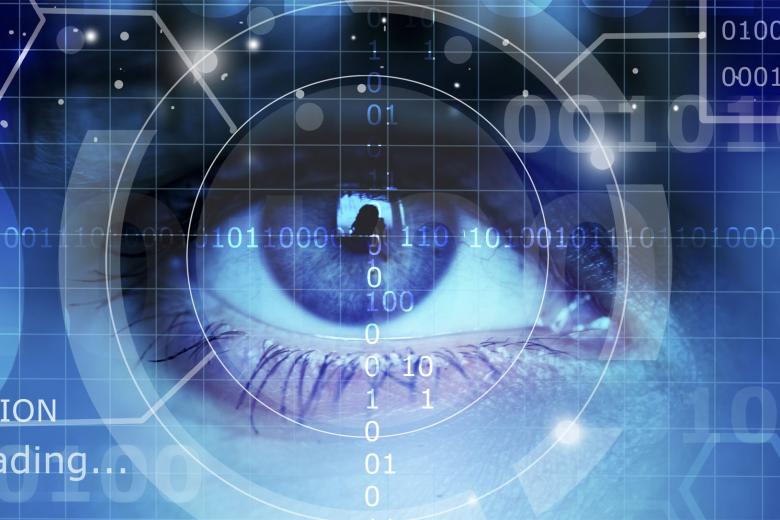
Maastricht MultiModal Molecular Imaging Institute (M4I)
Interfacultary - FSE, FPN, FHML
The Maastricht MultiModal Molecular Imaging Institute (M4I) is a state-of-the art molecular imaging institute that brings together a powerful palette of high-end, innovative imaging technologies.
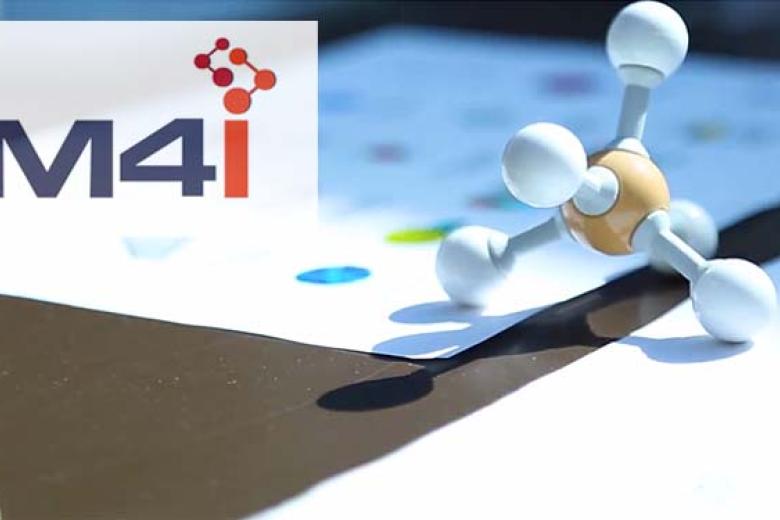
Maastricht Study
Maastricht UMC+ (MUMC+)
The Maastricht Study is an extensiveness phenotyping study that focuses on the etiology of type 2 diabetes. The Maastricht Study is expected to become one of the most extensiveness phenotyping studies in both the general population and type 2 diabetic participants world-wide.
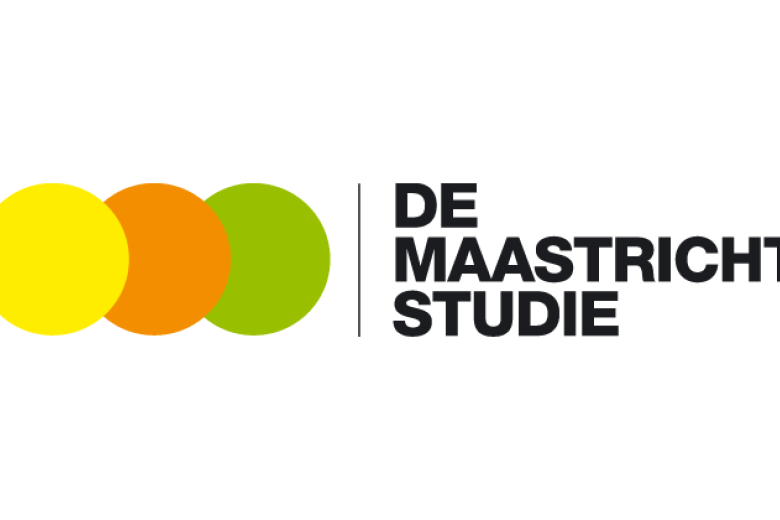
Clinical Data Science
Maastro
In the Clinical Data Science division of Maastro we build privacy preserving clinical data infrastructures, learn models from data to predict cancer outcomes and build model-based decision support systems for better cancer care.
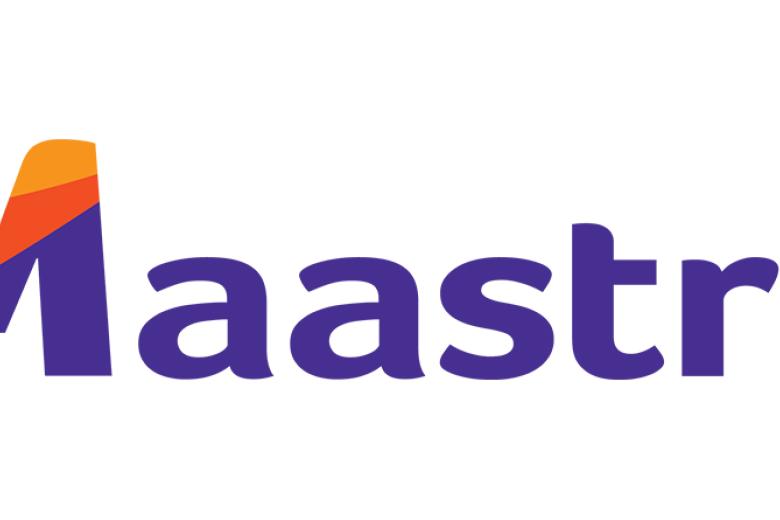
Law and Tech Lab
Faculty of Law
The Law and Tech Lab conducts both academic and practical research on various themes such as digital forensics and compliance, as well as on topics like consumer protection, drones, and privacy. This research utilizes different data sets, including legislation, case law, and social media data. The Lab employs a variety of methods, including legal analysis, natural language processing, machine learning, and network analysis.
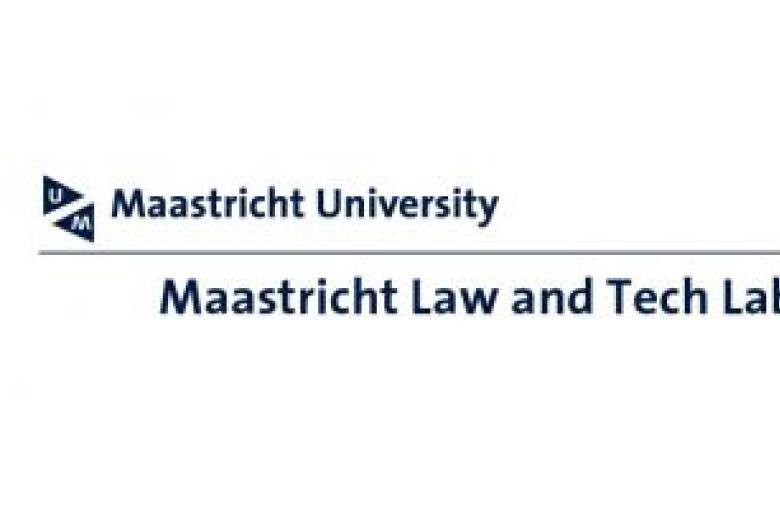
Faculty of Arts and Social Sciences: The importance of ELSI
Data, information, knowledge and understanding has always driven society - the revolution of new methodologies and technologies that we are developing and discovering today push that drive into hyperspace!
Data as a commodity has commercial value, social value, and personal value. Privacy as the dynamic boundaries of relationships between people is challenged by this data revolution. We cannot necessarily rely on traditional, established understandings of society to meet the challenges of this revolution. The revolution challenges us to re-imagine who we are, how we relate to each other, and who we want to be.
Our work examines how existing ethics and law approaches impact on the new methodologies of data science, and how those new data science methodologies challenge on our understandings of law and ethics. We work on the governance of data use. We look at how data are controlled, at the interfaces of privacy, of individuality and solidarity. We ask how we can achieve a consistency between individuals’ different and often competing and conflicting expectations in society. We seek to reconcile those different expectations - between expectations of privacy and the open data society.
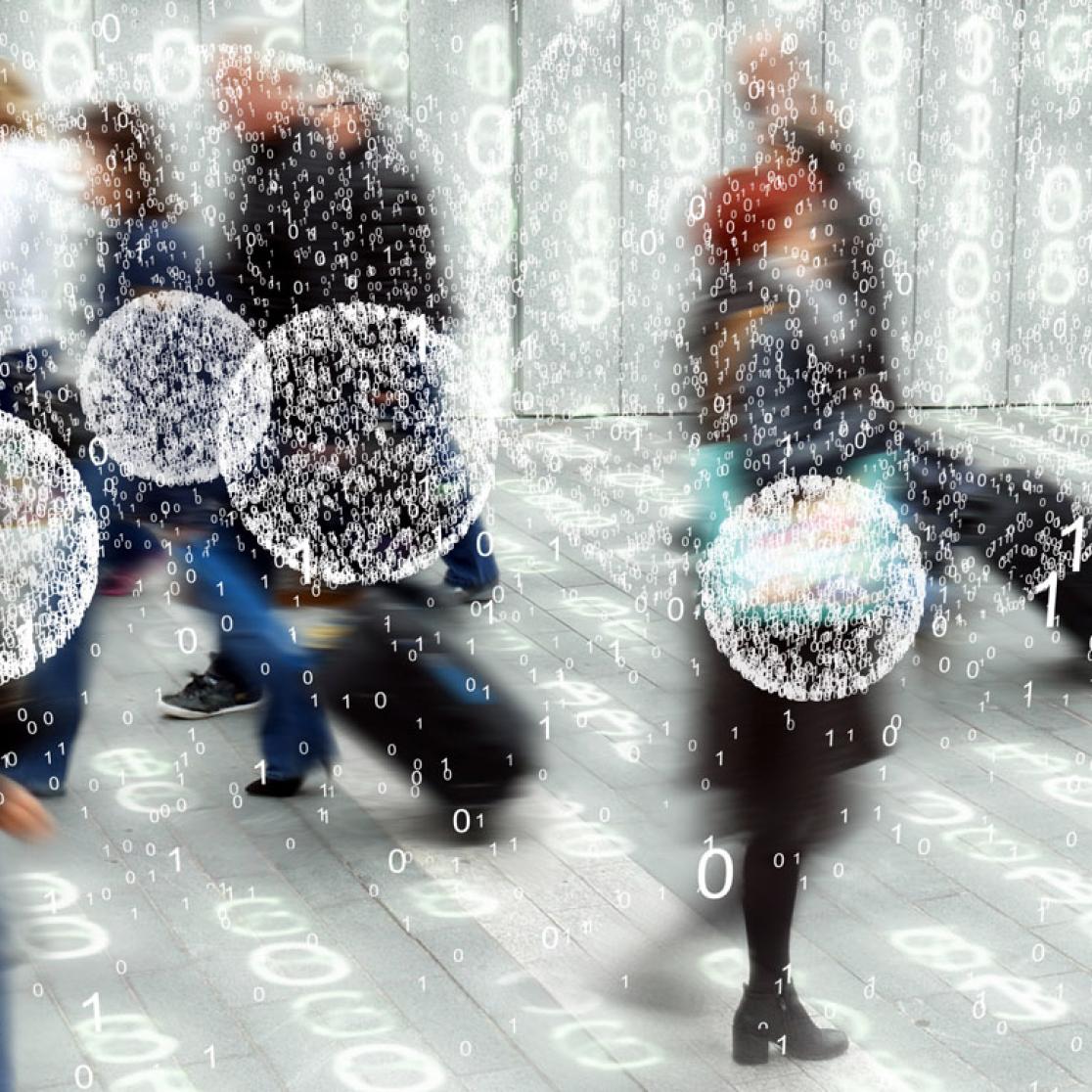
What does ELSI stand for?
Ethical, Legal, and Social Implications
Links
FASoS Research Institute
Health, Ethics & Society (HES)